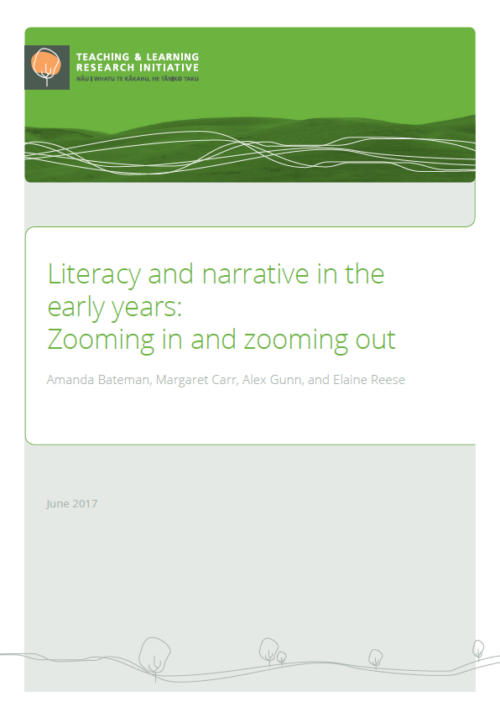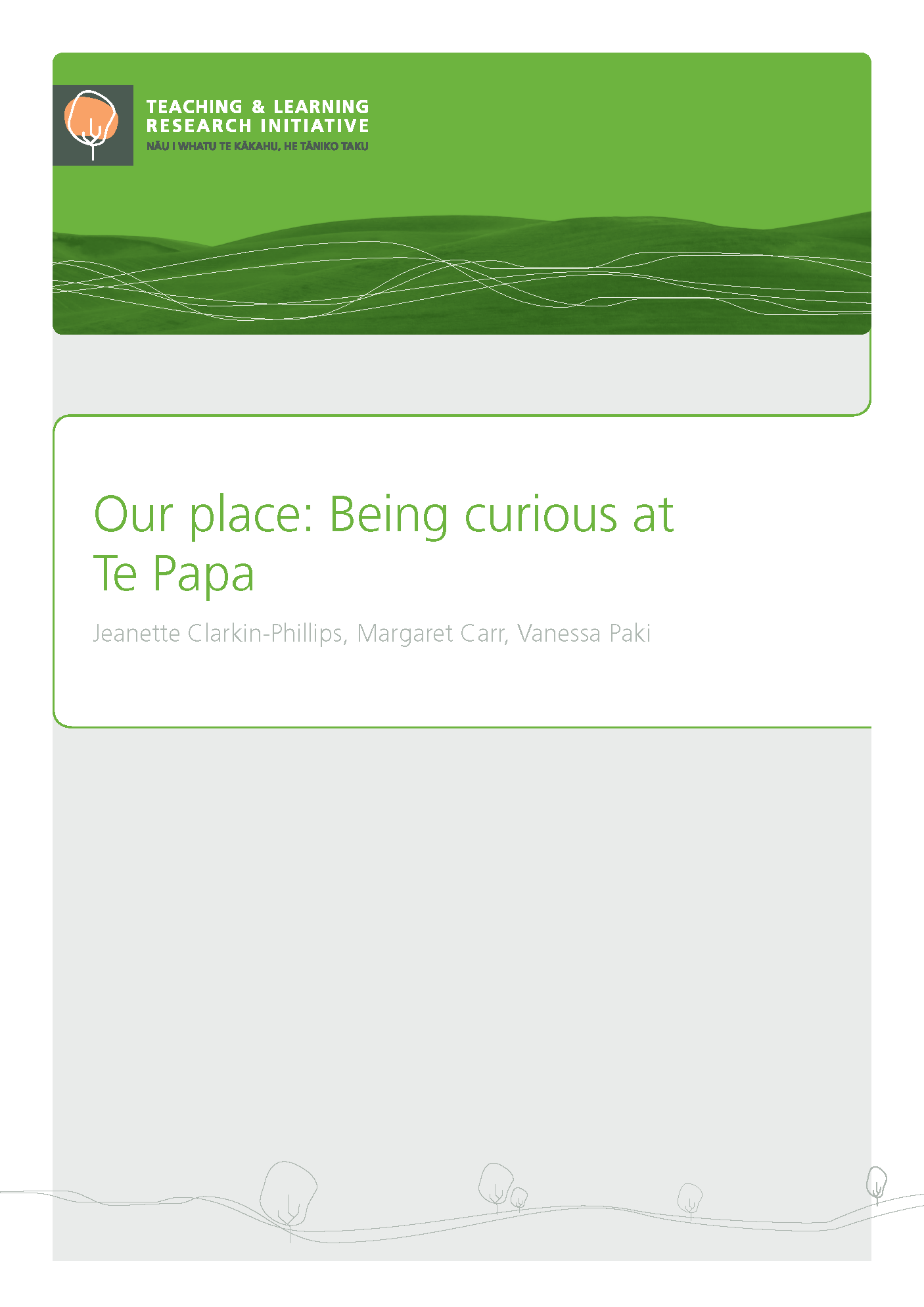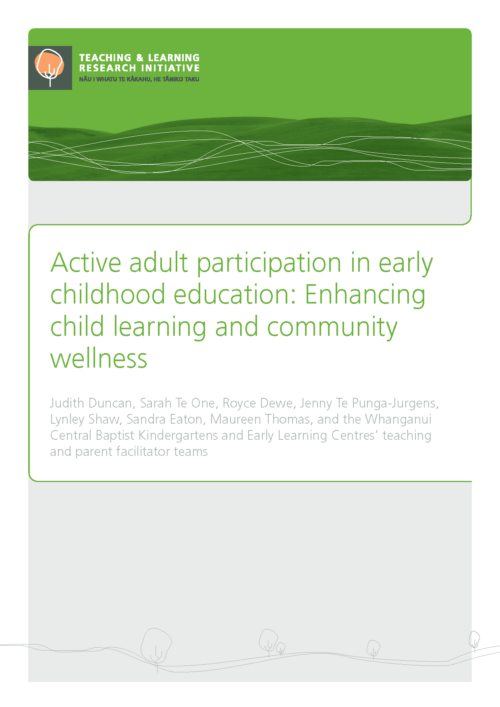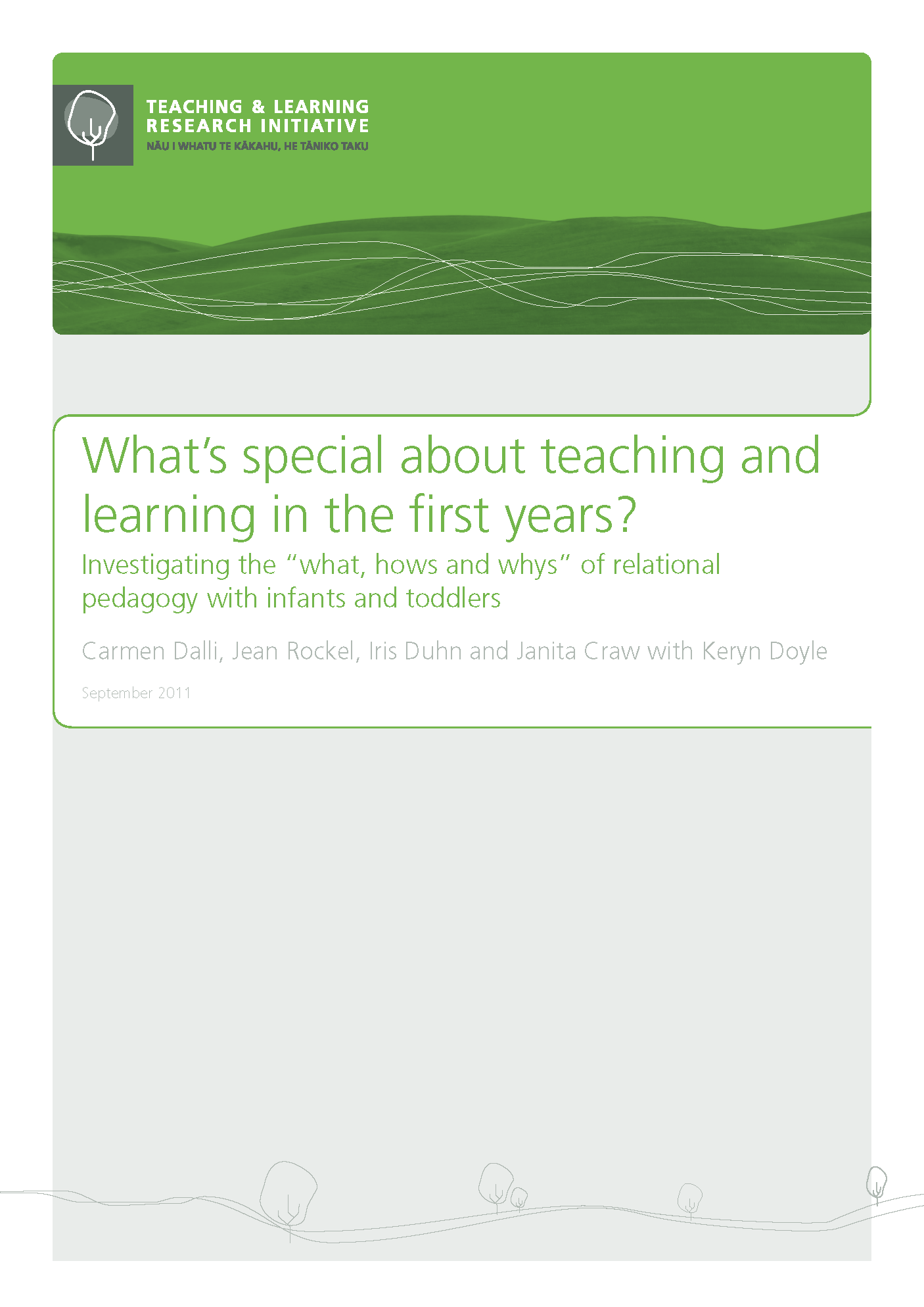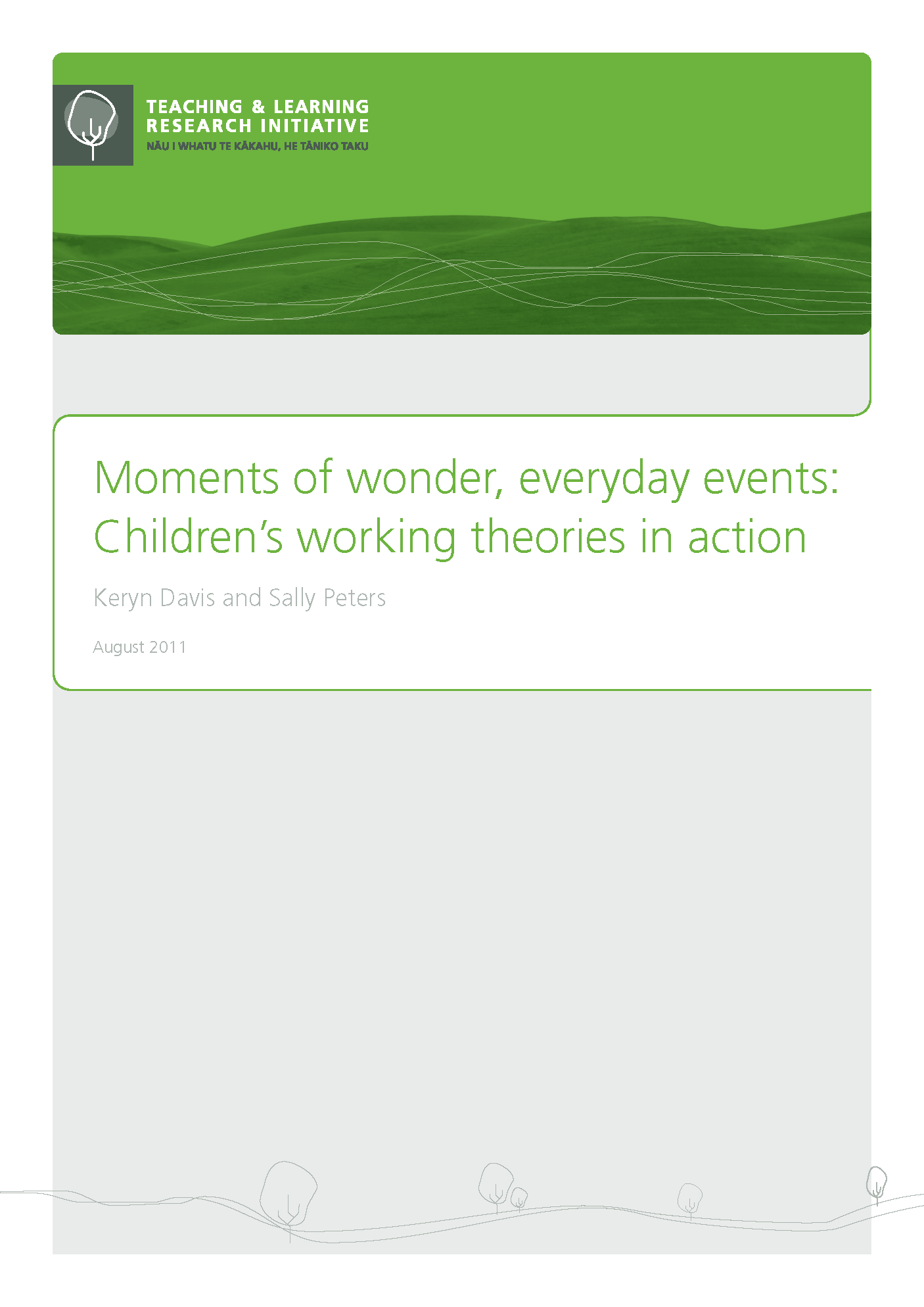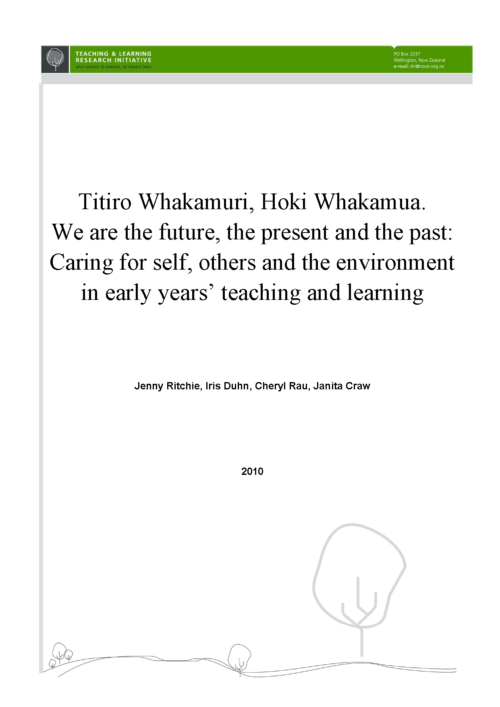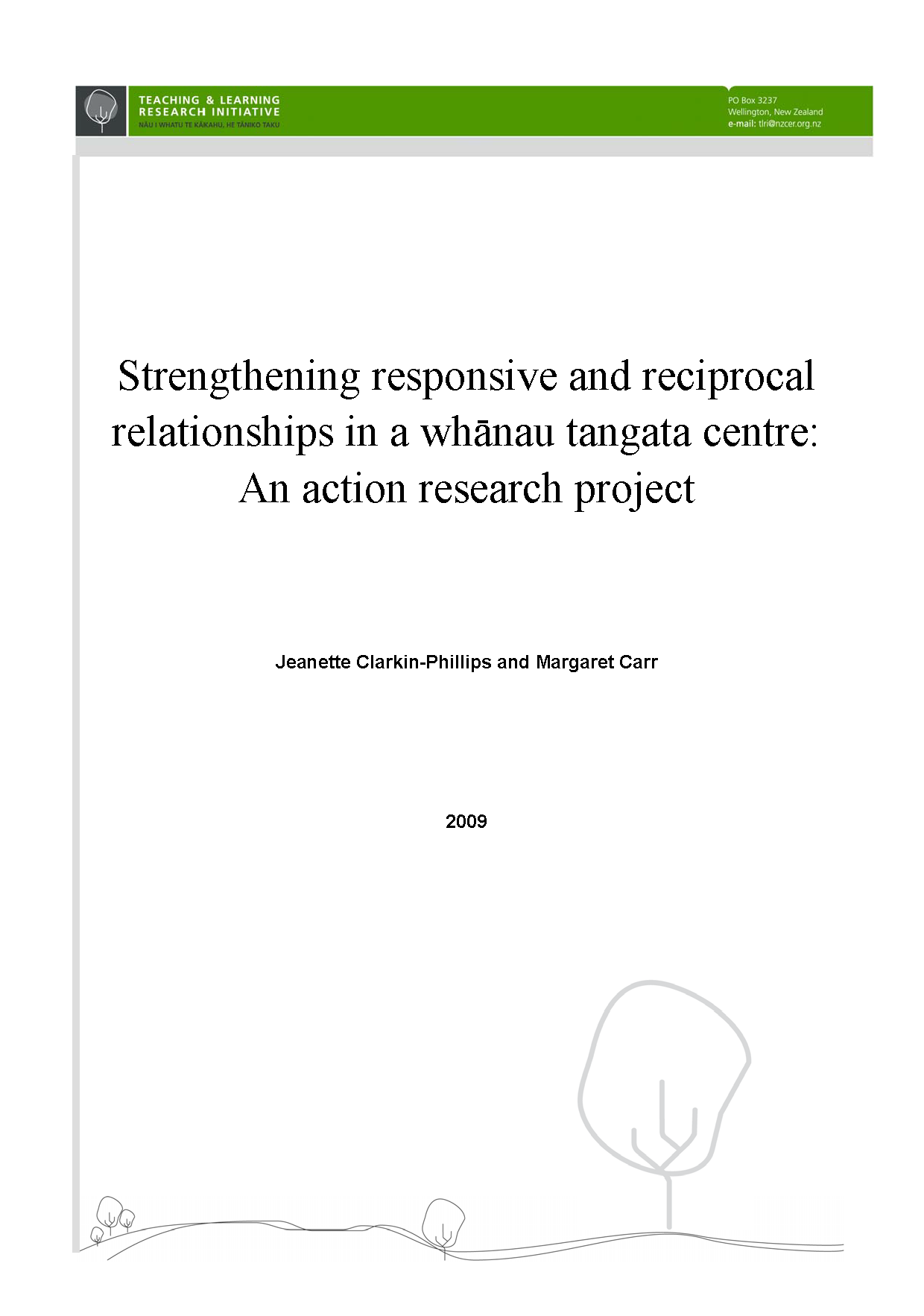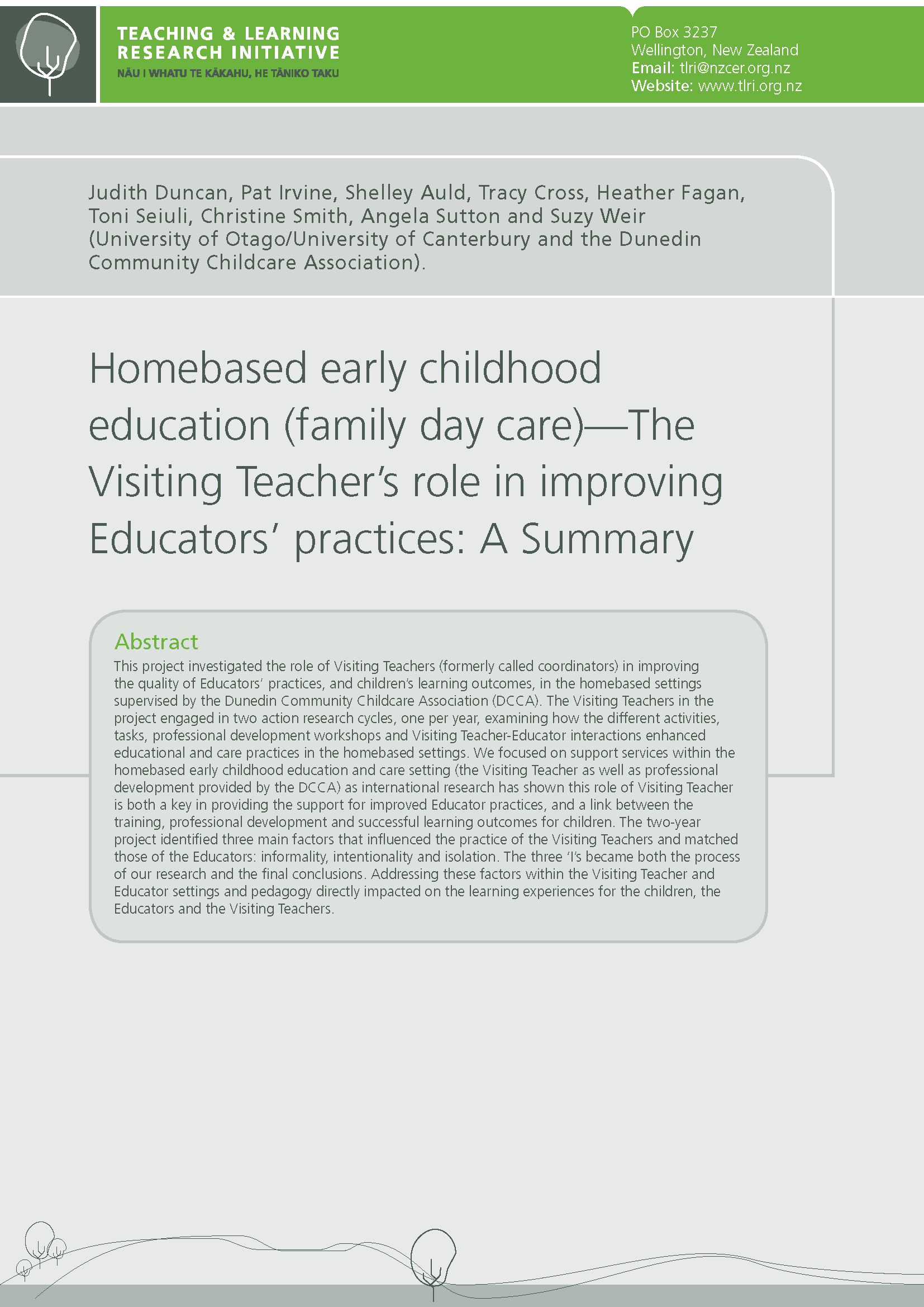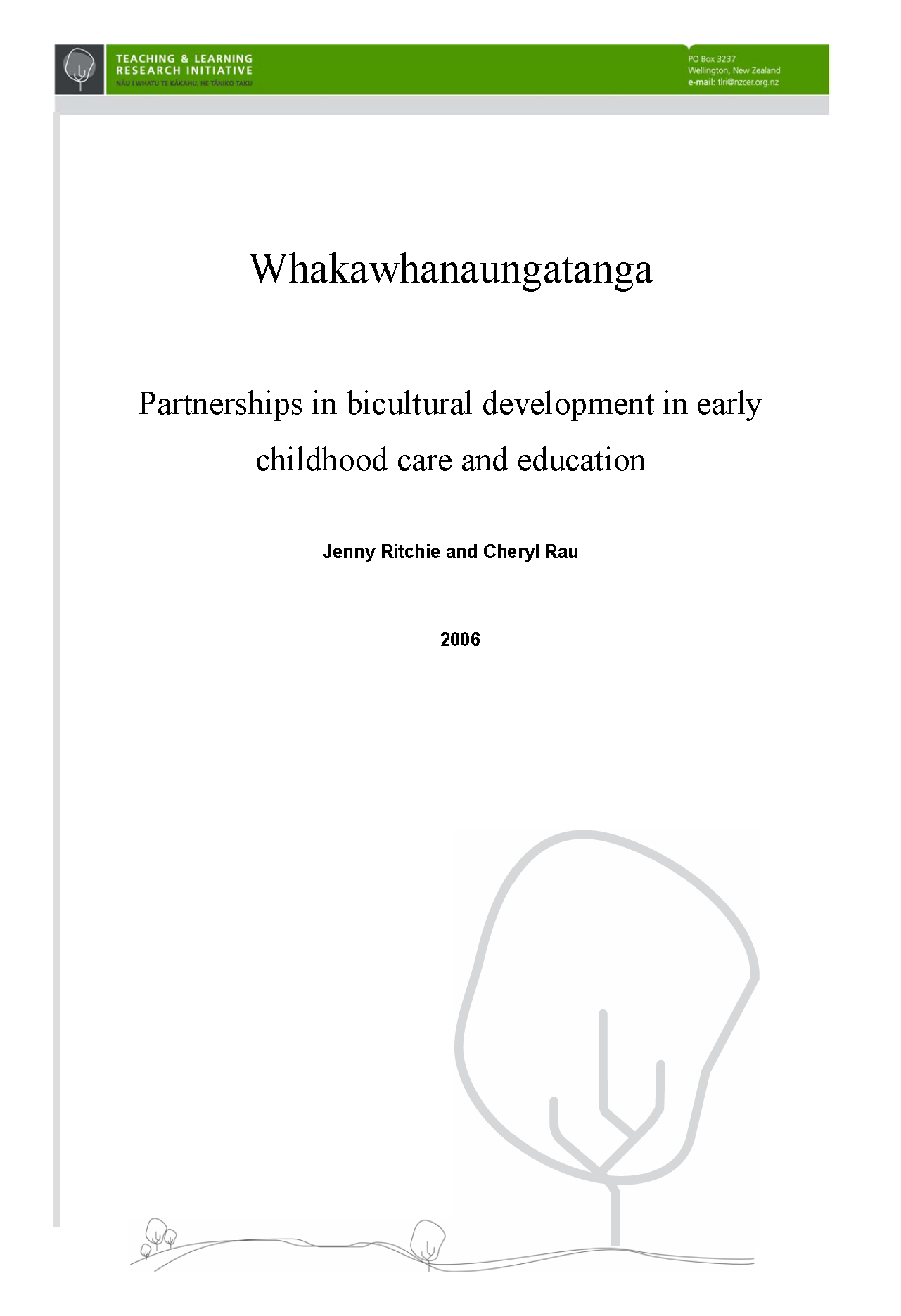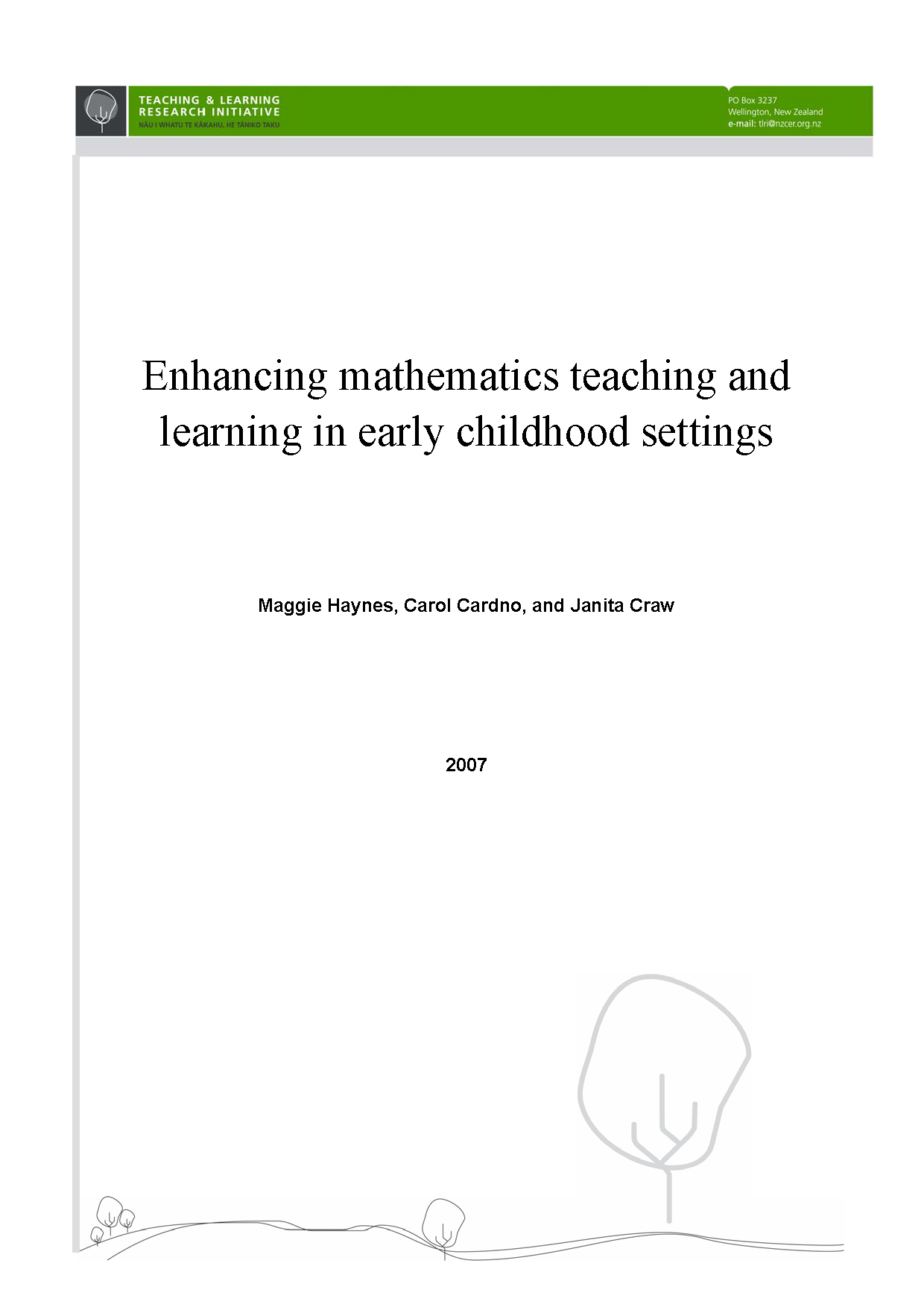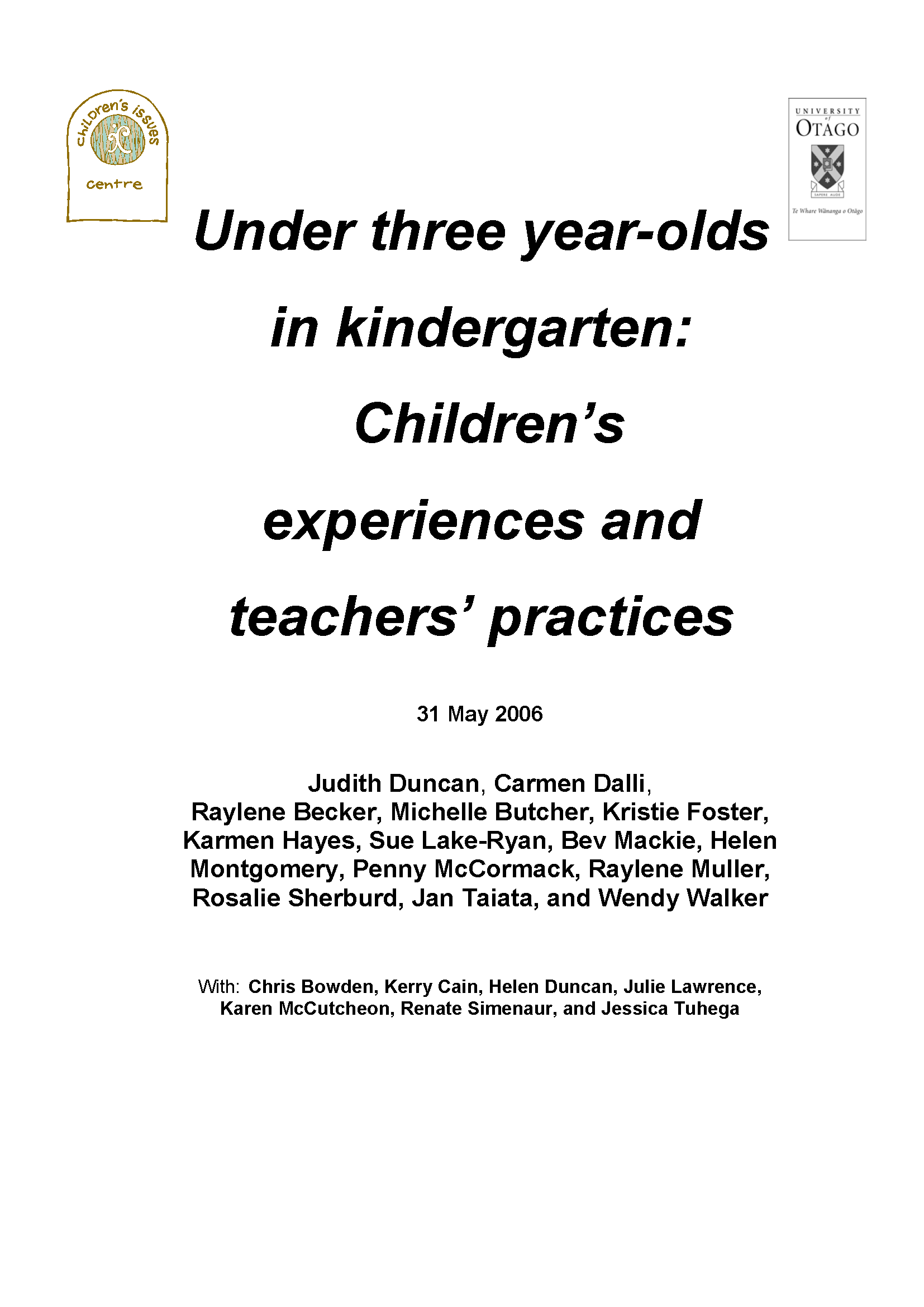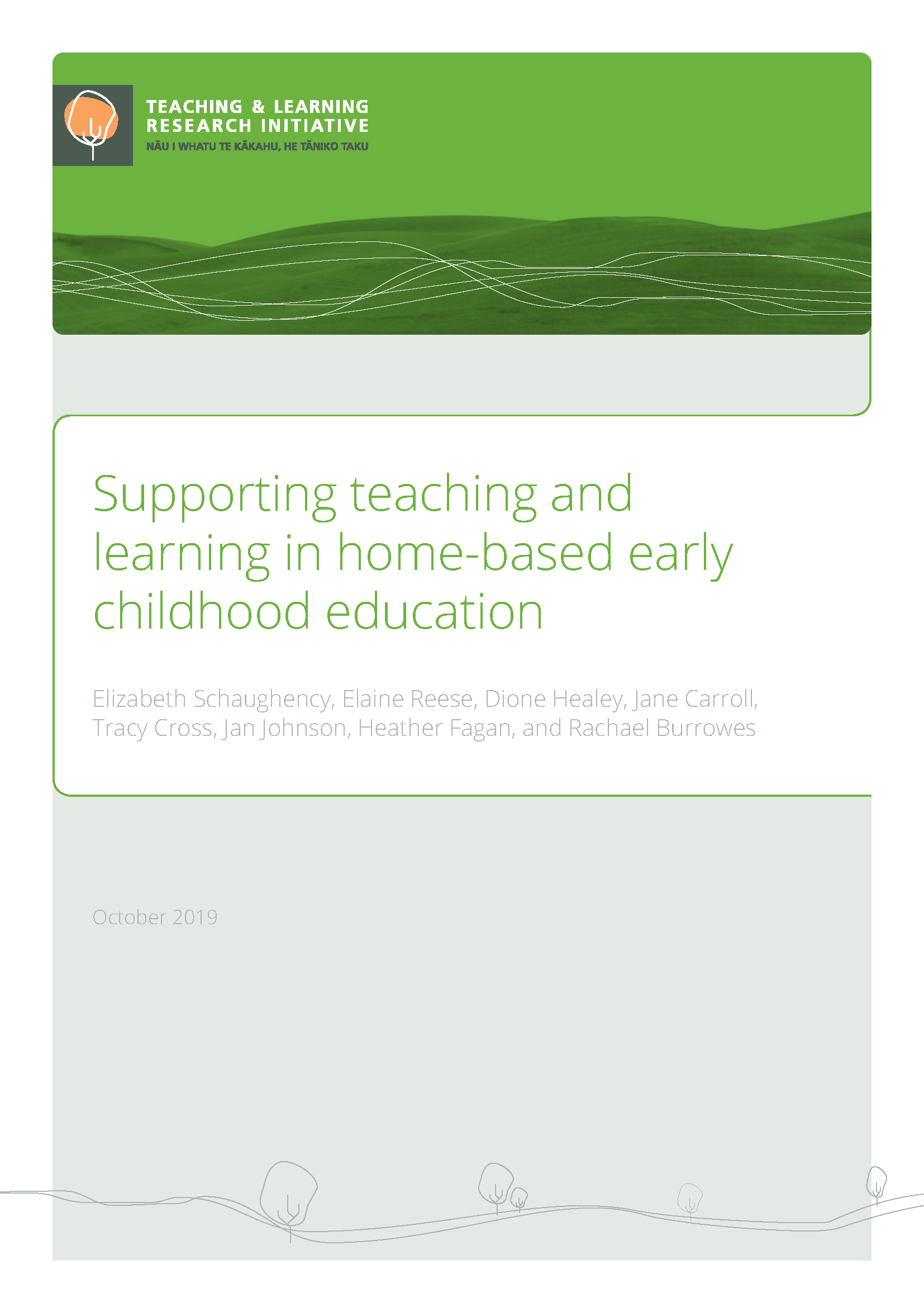
Supporting Teaching and Learning in Home-Based Early Childhood Education
E tipu e rea mo ngā rā o tō ao. Grow up, o tender shoot, and thrive in the days destined for you. Introduction Children’s early years set the stage for their future development, in education and beyond (Poulton, Gluckman, Potter, McNaughton, & Lambie, 2018). In New Zealand, and internationally, many young children spend time in the education and care of other adults (Education Counts, 2019; National Survey of Early Care and Education Project Team, 2016). Given this, early childhood education and care (ECEC) is a potentially important influence for the development of children (Education Counts, 2019; McCoy et al., 2017) and the wellbeing of society (Heckman, 2011; National Academies of

